Government crisis in Poland?
One of Poland’s governing parties is splitting – but why, and what could this mean for the government?
One of Poland’s governing parties is splitting – but why, and what could this mean for the government?
Significant changes have taken place both in the status of Ukrainian refugees in Poland.
A closer look at the economic realities behind a potential switch from Druzhba to Adria — and whether it truly makes financial sense.
Following the U.S. Secretary of State’s partial regional tour, at least as many questions remain as the trip itself answered
Among the large airports, Poland led the way in terms of passenger number growth in 2025, Airports Council International (ACI) data shows.

Inflationary pressures are easing, but the pace of price growth remains fast in the countries of Central and Eastern Europe.

Central and Eastern Europe accounts for a disproportionate share of the EU’s arable land and cereal exports, cementing its role as the continent’s breadbasket. Yet the region’s agricultural output hinges on fertiliser supply, where energy costs and a small number of regional producers — led by Agrofert — play

Hungary has chosen a unique path in designing its energy system, both in European and regional comparisons.

Poland delivered one of the strongest growth performances in the entire EU, while Hungary effectively stagnated for a third consecutive year.
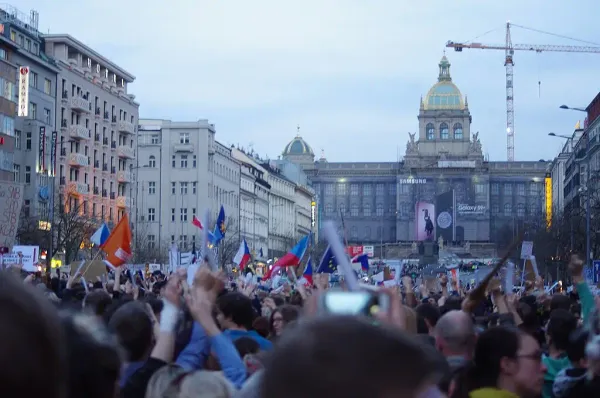
An alleged attempt to pressure President Petr Pavel over a cabinet pick has triggered one of the gravest institutional crises in years.
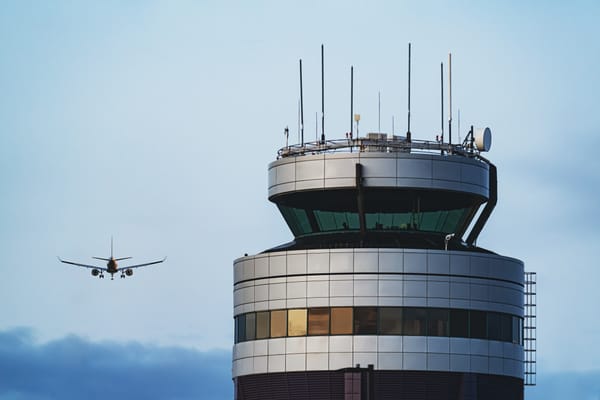
Central and Eastern Europe emerge as the engine of the European aviation traffic.
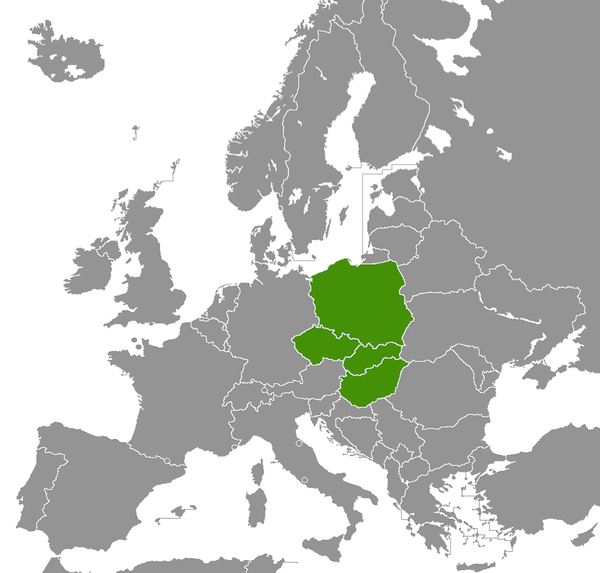
Debates on Roma communities have resurfaced regionally, amid controversy in Hungary, policy debates in Slovenia and politicization in Czechia, Slovakia.
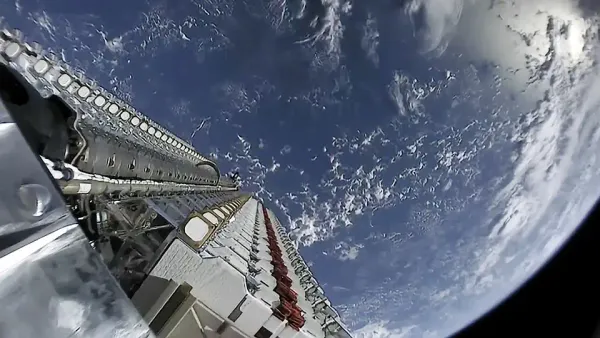
The media worldwide has picked up on the sharp exchange between Elon Musk and the Polish Foreign Minister regarding the war in Ukraine.
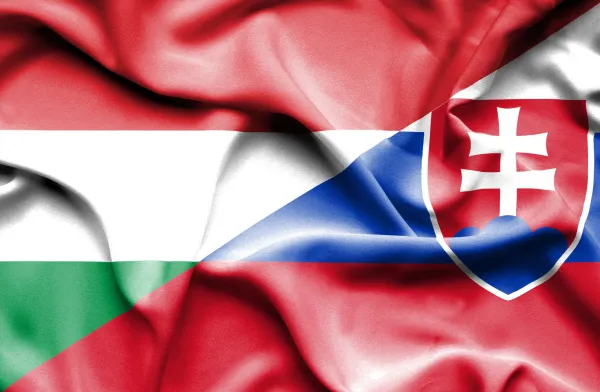
The issue of the Beneš Decree and the related Slovak–Hungarian disagreement have now appeared on the regional and European agenda as well.
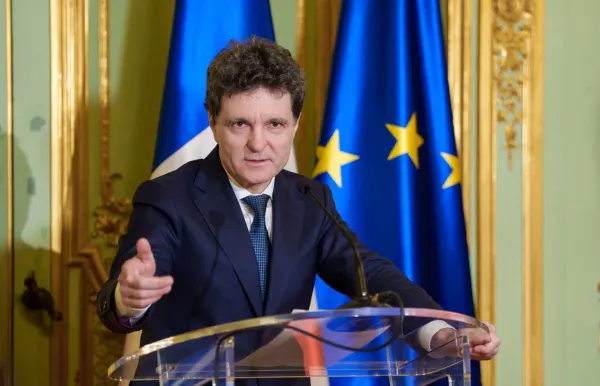
Nicușor Dan said the United States remained a vital strategic partner for Romania’s security.
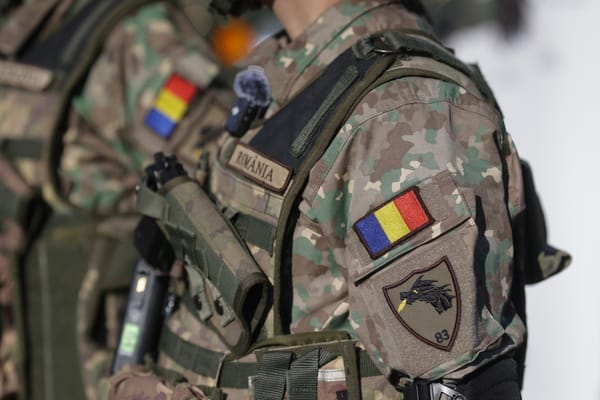
Romania’s Ministry of Defence has requested a record budget for 2026, seeking 57 billion lei in direct allocations.

While Hungary expressed enthusiastic support, several major European powers rejected Trump’s latest initiative, the so-called Board of Peace.
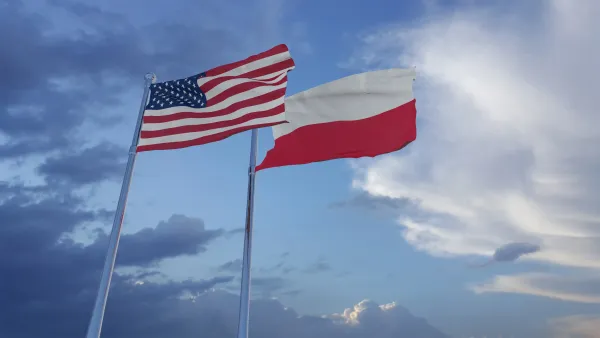
In Poland, many fear the country could be caught between two fires if the United States were to take concrete steps toward acquiring Greenland.
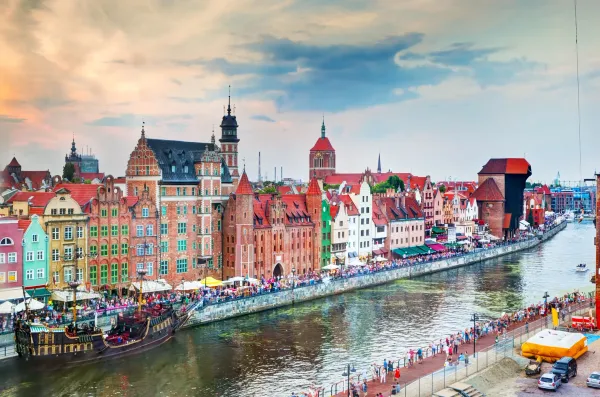
Fiscal autonomy and access to EU funds allow Polish cities to develop dynamically, while Budapest and other Hungarian cities are constrained by the solidarity contribution.
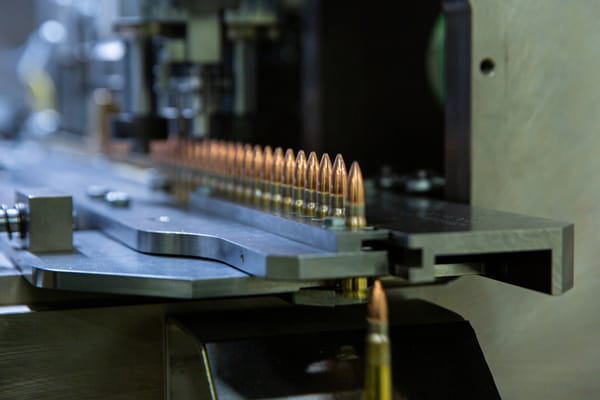
Contrary to initial interpretations, Czech ammunition deliveries to Ukraine have not been suspended and are continuing.
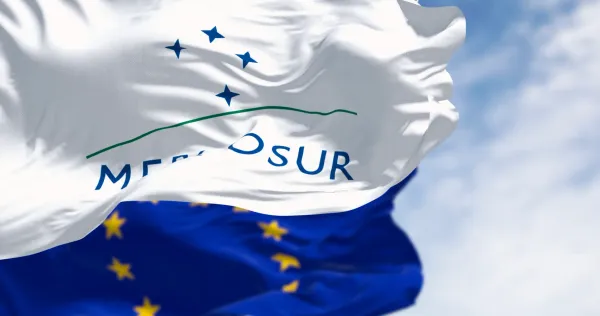
Only Poland has strong structural reasons for concern, while Hungary, Czechia and Slovakia stand to benefit from expanded industrial exports.

Using fake advertisements featuring real public figures, they defrauded hundreds of people, in some cases of sums running into several million.
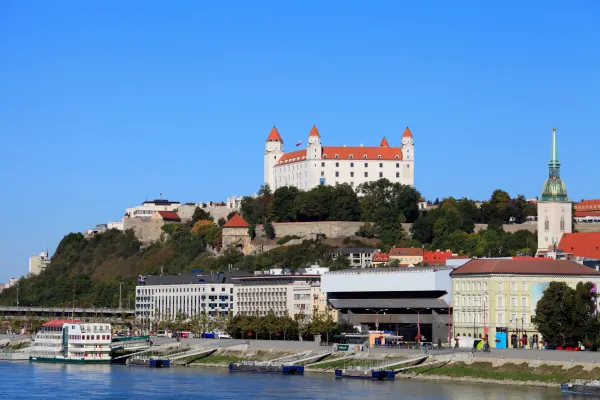
Slovakia’s new criminal code triggered a constitutional challenge by the country’s Prosecutor General and ignited controversy at home and abroad.
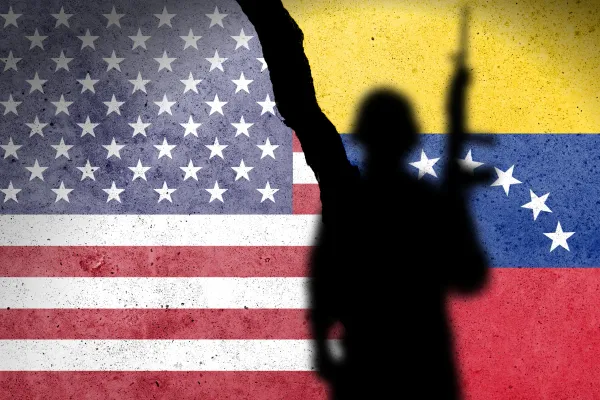
The aftermath of Trump’s Venezuela move remains unclear, but CEE states are likely to be impacted indirectly by oil prices and EU sanctions.

Can CEE develop a realistic policy response that shields the region from Europe’s structural decline?
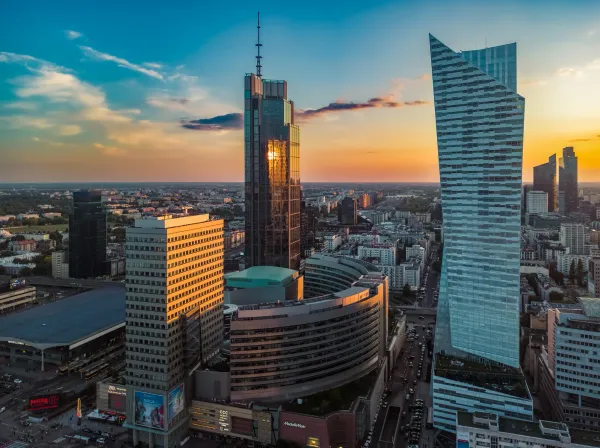
Poland’s economic success lies in consistent reforms and smart EU fund use, while Hungary and Romania followed more volatile development paths.
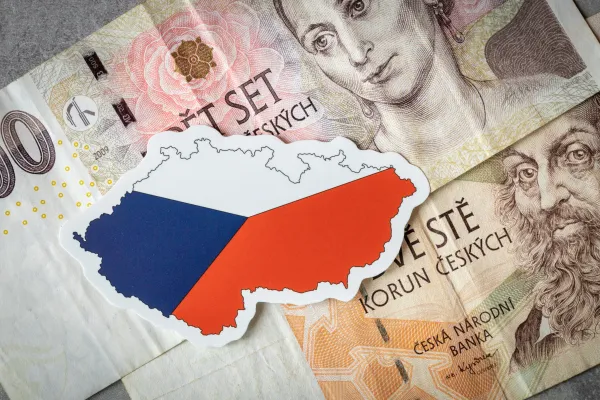
New year, new fiscal rules: The Czech Republic has entered a period of provisional budgeting after the new coalition rejected its predecessor's draft.
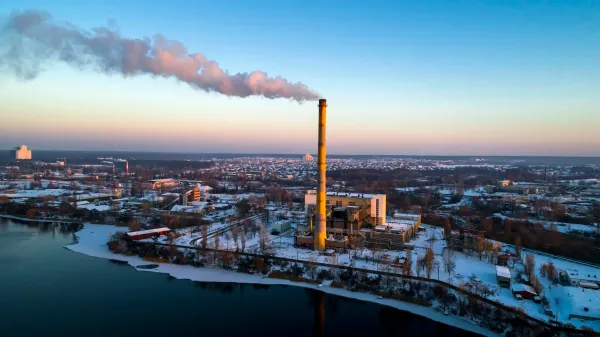
Warsaw has opened the city’s new waste-to-energy plant, which can incinerate over 300,000 tons of solid waste annually, nearly one-third of the city’s total waste production.

Poland’s education system, reformed in the 2000s, faces a new overhaul, fueling tensions between the government and the right-leaning president.

Despite expectations, the EU–Mercosur deal was not signed and stances of CEE countries remain divided.